-
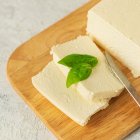 Ever Wondered How to Make Paneer at Home? Here is the Complete Guide to Take Out Soft and Creamy Paneer from Milk at Home (2021)
Ever Wondered How to Make Paneer at Home? Here is the Complete Guide to Take Out Soft and Creamy Paneer from Milk at Home (2021)
-
 Gained Extra Weight in the Lockdown? Best Slimming Tea to Get in the Right Shape and Live a Healthier Life
Gained Extra Weight in the Lockdown? Best Slimming Tea to Get in the Right Shape and Live a Healthier Life
-
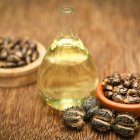 From Usage in Skincare to Treating Wounds Quickly, Castor Oil Has a Lot of Applications You May Have Never Heard of: Benefits of Using Castor Oil (2021)
From Usage in Skincare to Treating Wounds Quickly, Castor Oil Has a Lot of Applications You May Have Never Heard of: Benefits of Using Castor Oil (2021)
How are Probiotics Useful to Us
Aids in the Gut Health
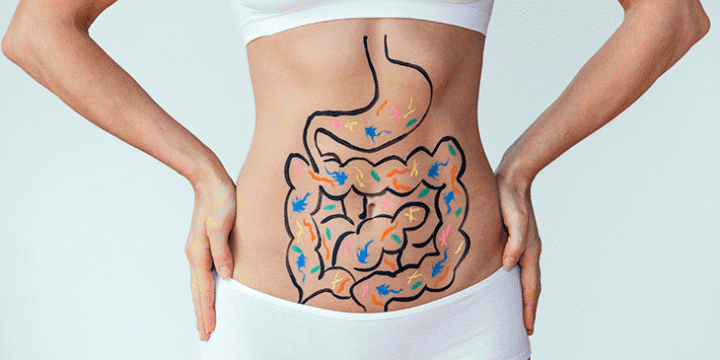
Research has shown that probiotics are good bacteria and can help you have good health. They help to restore the balance of gut bacteria. The imbalance can lead to more harmful bacteria that can lead to diseases. If you have a healthy digestive tract, it removes the harmful bacteria. The bad bacteria can lead to many complications like digestive problems and obesity. It also helps to restore the balance if you are recuperating from some illness.
Prevents Diarrhoea

Probiotics can help in reducing the severity of diarrhea, which is a known side effect of taking antibiotics. Taking antibiotics can cause an imbalance in the number of good bacteria in your intestines. Research has shown that probiotics are especially helpful in such instances. It can also reduce the severity of diarrhea to a large extent and also reduces the chances of traveller’s diarrhea. However, the effectiveness depends on the dosage moreover vary across different people.
Helps Towards a Healthy Heart

There have been studies that show that probiotics can reduce the levels of bad cholesterol. Moreover, it has also been found that probiotics like Lactobacillus help in lowering the blood pressure levels in us. It can also increase the levels of vitamin D that keeps your blood pressure under control. It can break down the bile, usually made from cholesterol, and prevent it from being reabsorbed in the gut.
Helps in Bowel Movements

Probiotics can help in digestion and as a result, help in bowel movements too. They also help in the treatment of ulcerative colitis and irritable bowel movements. The risk of necrotizing enterocolitis in prenatal infants also reduced.
Minimises the Severity of Allergies

Probiotics can also reduce the effect of allergic inflammation. Some of the probiotics can also reduce the impact of eczema in infants and children. Research has been done that shows that infants fed with fermented milk showed improvement in symptoms of eczema. Moreover, infants whose mothers had taken probiotics were free from eczema till the age of two. It also helps people with dairy allergies.
Boosts Immunity

Good bacteria also improve your immunity and prevent harmful bacteria from multiplying uncontrollably. It can also help in absorbing vitamins and break down and help in absorbing various medications. Some probiotics also help in the production of antibodies in your body. The immune cells like the T lymphocytes and IgA producing cells are boosted. It can also reduce the occurrence of respiratory illnesses and prevents the occurrence of urinary tract infections in women.
Types of Probiotics
Bifidobacteria
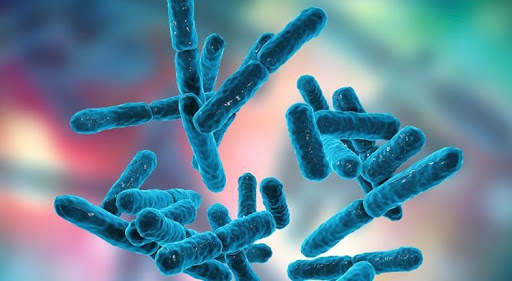
It is a group of bacteria that is used for certain conditions that affect your intestines. This set of bacteria is a part of the larger group of lactic acid bacteria. This type of bacteria is usually found in fermented food items like cheese and yoghurt. There are several types of bacteria, and researchers are said to have found around 50 types of such bacteria.
The bifidobacterial can help in digestion of fibre and various complex carbohydrates that are difficult to digest. The beneficial bacteria also produce short-chain fatty acids that help in gut health and also help to control hunger. They also prevent toxins from being passed onto the bloodstream. They are also used in the treatment of ulcerative colitis and pouchitis. It is a known treatment for bowel diseases. It can also help in restoring the ideal level of good bacteria in the gut, in case there is a health issue.
It helps to reduce irritable bowel syndrome and also reduces side effects like anxiety and depression. It also helps in preventing infections in the airway. It can be used with other good bacteria in treating diarrhoea. This form of bacteria is vital for babies, and the ones that are breastfed have higher levels of this beneficial bacteria. It helps in improving the immunity of kids and also helps the gut wall to stay intact in kids.
To improve the amount of bifidobacterial, you must have high fibre food and food that contains polyphenols. Green tea and red wine has lots of polyphenols and increase the amount of bifidobacteria. You can also eat whole grains and fermented food.
B. Animalis
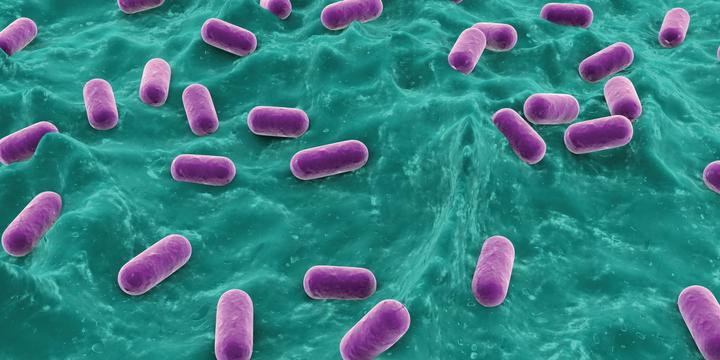
B. animalis (Bifidobacterium animalis) is found in the gut of humans and is an essential component of the gut. It helps in fighting off infections and is suitable for your immunity. It is known to prevent acute diarrhoea in babies. Studies show that this bacteria, along with inulin, prevented the occurrence of severe diarrhoea in children. It also indicates benefits on women with constipation problems. Fermented milk with B. animalis has shown good effects on defecation conditions.
B. animalis, along with inulin, has reduced the side effects of treatment for H. pylori infection. It also helps to lessen the chances of catching a cold and the flu. It also helps babies to grow more naturally.
B. Breve
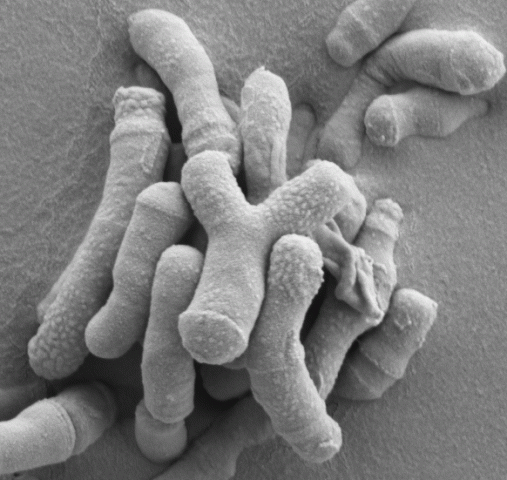
Bifidobacterium breve (B. breve) is a beneficial bacteria found in breast milk and the gastrointestinal tracts of humans. The bacteria help to suppress allergies and various other intestinal infections. In children, it can prevent inflammation. Studies have shown that it helps to increase hydration levels of the skin and clearness. It also helps to minimize the risk of eczema.
It can compete with harmful bacteria due to its ability to digest a variety of molecules. A shortage of this bacteria may cause digestive ailments in your gut. It also lessens the growth of E. coli. It also helps to improve your immunity levels.
B. Lactis
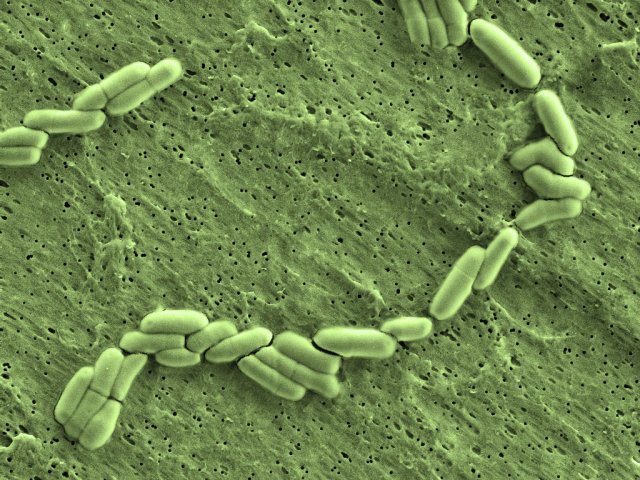
Bifidobacterium lactis (B. lactis) is a probiotic bacteria that is found in the gut. It is also known to prevent the growth of tumours and enhance the digestive capabilities of your body. It helps to break down the waste products in your body and help in absorbing vitamins and minerals in your gut.
It also helps to improve your immunity mostly among senior citizens. It can increase the activity of the T-cells and reduce the occurrence of common cold and flu. B. animalis also improves the control mechanism of blood glucose and increases the level of HDL cholesterol.
B. Longum
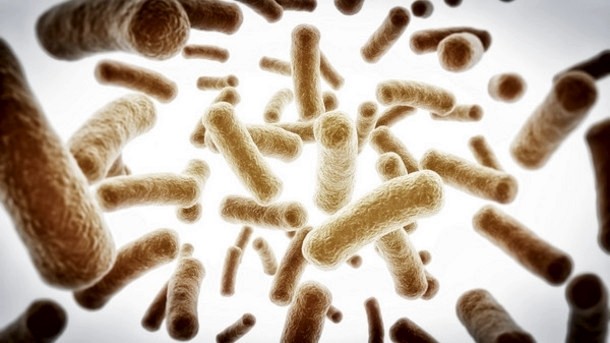
Bifidobacterium longum (B. longum) is a rod-shaped, gram-positive bacteria that is also found in our gastrointestinal tract. It also forms a part of our food intake. One of the subspecies of the B. longum bacteria is known to have an anti-polio response in infants. It also stimulates the immunity of middle-aged people and prevents the growth of several pathogens. Its subspecies also reduces the symptoms of untreated Celiac disease.
It can survive very harsh conditions in your gut and can withstand pH imbalances and stomach acid. It is quite commonly found in infants and babies. The bacteria is passed on from the mother to the infants. The bacteria show a powerful effect on your immunity and strengthen the fight against harmful pathogens.
Lactobacillus
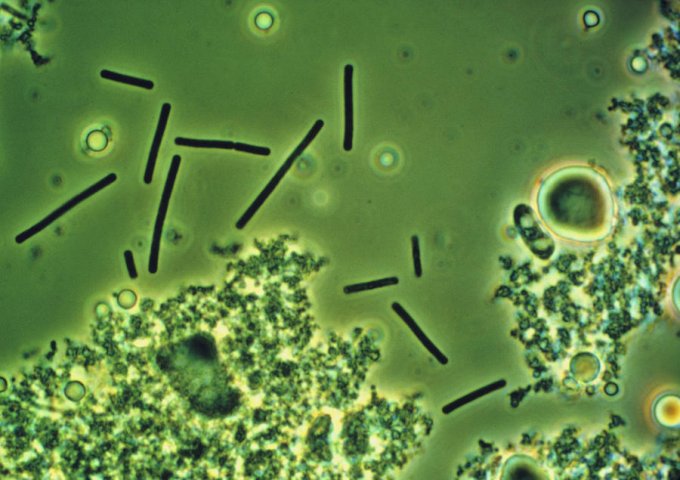
It is another form of the gram-positive species of bacteria that are of immense help to us. They are also a part of the lactic acid bacteria group. In humans, they are found in the urinary system, the genital system and the digestive system. They are known to thrive even in extreme conditions. It has a symbiotic relationship with the human body, where we provide them with the necessary nutrients, and the bacteria protect us against harmful pathogens. It helps us prevent eczema and treats vaginal infections and diarrhoea.
It is usually administered with other probiotics and benefits people with irritable bowel syndrome. It also helps to act against H. pylori that cause cancer. It helps to reduce stomach pain in kids and acts against diarrhoea caused due to intake of antibiotics. Certain species of this genre can prevent specific allergies like a common cold. It also prevents colic in infants and helps to prevent diabetes in expecting mothers. The bacteria also help to lower the levels of good cholesterol. It also prevents infection of the airways in infants.
L. Acidophilus
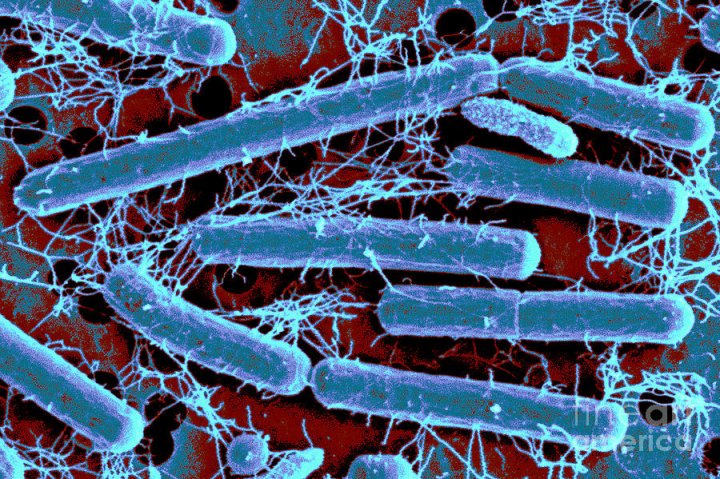
Lactobacillus acidophilus (L. acidophilus) is found in yoghurt and other fermented food items. It converts sugars into lactic acid and is a part of the lactic acid-forming bacteria. It can be used in treating several diseases like diabetes, diarrhea, infection due to E. coli, yeast infection and eczema. Studies also show that it helps in managing the level of good cholesterol.
L. acidophilus also helps by preventing vaginal infections and bacterial vaginosis caused due to an imbalance of different types of bacteria. It can also help in preventing depression too. It also helps to control digestion and control your weight.
L. Reuteri
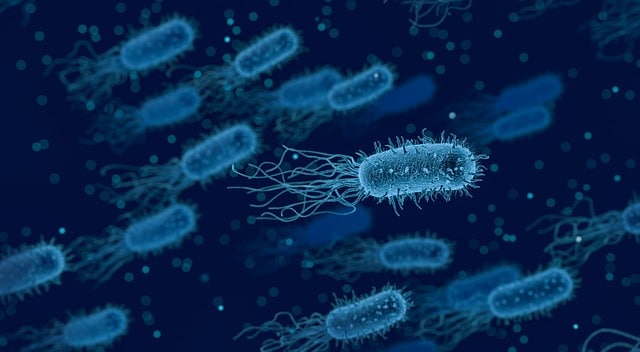
The Lactobacillus reuteri (L. reuteri) is another strain of lactic acid bacteria that are found in the intestines. It is used in the treatment of necrotising colitis that causes infection and is dangerous for infants. It also has anti-inflammatory properties. It helps to reduce abdominal pain in kids and young adults. It also acts well against diarrhoea caused due to intake of antibiotics and acts against constipation.
Like many other probiotic bacteria, it also helps in H. pylori therapy and helps to eradicate it from the intestine. It also prevents cholesterol and reduces eczema in kids.
Streptococcus Thermophilus
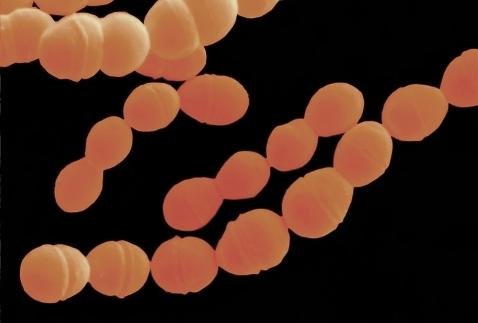
Though it is less popular, that does not mean it is not helpful to us. It also has a range of benefits for humans. It is non-motile and can start fermentation in the small intestine itself, without the need of an oxygenated medium. It can also survive in high temperatures. Such properties make it helpful and can be used in fermenting dairy products. While the name may sound misleading, it cannot hold on to mucosal surfaces. It is a safe probiotic for consumption and is used in making dairy supplements.
It is also beneficial for the immune system and fights the pathogens that enter the urogenital system and the gastrointestinal tract. The probiotic also helps to fight against inflammation of the gut. Newborns treated with S. thermophilus and B. bifidum have fewer occurrences of the rotavirus. It can also help in improving digestion, including lactose digestion and reduces acute diarrhoea.
Saccharomyces Boulardii
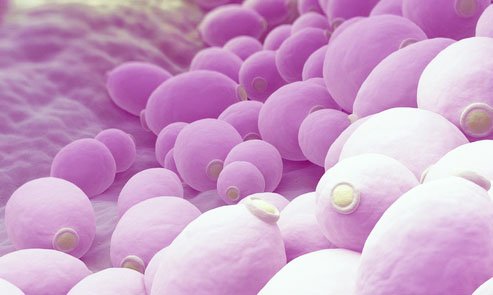
Saccharomyces boulardii is a form of yeast and is commonly called a baker’s yeast and a brewer’s yeast. It is also taken to be a probiotic and helps to fend various pathogens in the gut. It is typically sourced from the skin of plants like mangosteen and lychee. It has been traditionally used in medicines and is also available as a dietary supplement. It can help your fight against Crohn's disease, irritable bowel syndrome, ulcerative colitis and diarrhoea.
It helps in reducing the duration of diarrhoea in infants and children – it could be anything from `2 hours to one day. It also shortens the duration of rotaviral diarrhoea in infants, and some people also use it against urinary tract infections and lactose intolerance. S. boulardii also acts against harmful cholesterol, vaginal infections, canker sores, etc.
Some of the Foods that Contain Probiotics
Yoghurt
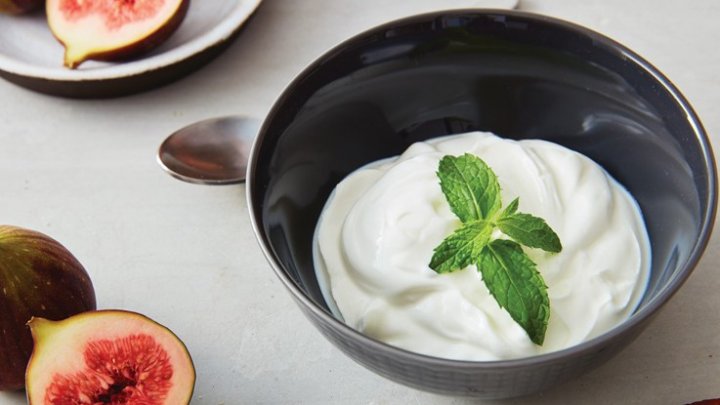
It is a significant source of probiotics that is fermented from good bacteria. Yoghurt helps to improve the health of your bones and is useful for people with high blood pressure. It can also help you if you are suffering from diarrhoea or having other stomach trouble. It is also rich in vitamin B12, and K. Yoghurt also reduces instances of Type-2 diabetes and protects against colorectal cancer.
Kimchi

It is a fermented spicy side dish that uses cabbage as the main ingredient. Kimchi is flavored with a mix of various spices, including ginger and garlic. It contains the lactic acid bacteria Lactobacillus kimchi that helps digestion.
Kefir
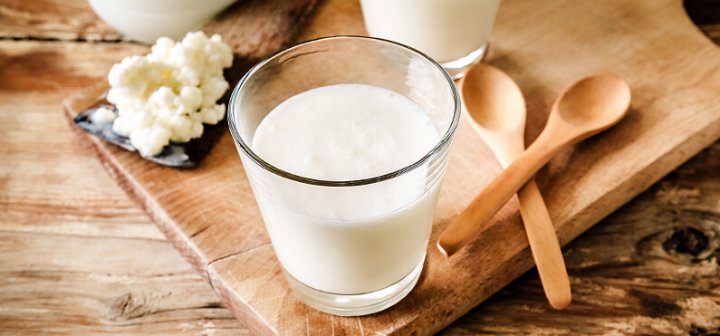
It is a fermented drink that includes kefir grains added to milk. The tangy and creamy kefir contains few probiotic bacteria along with few species of yeast. It is a cultured lactic acid bacteria, and improves the strength of your bones, protects you against infections and helps digestion.
Buttermilk
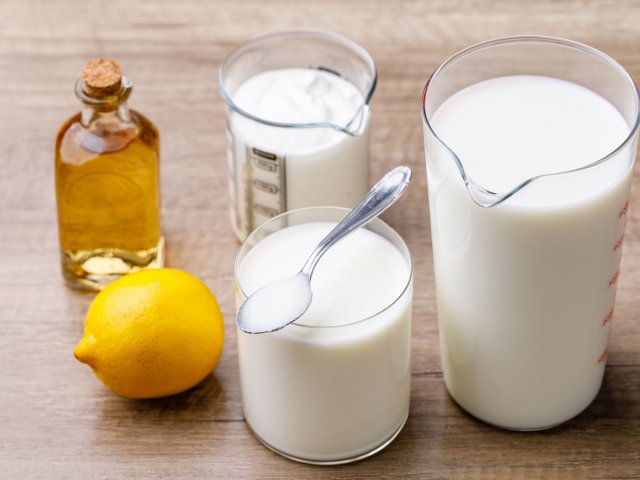
It is a fermented dairy drink and is usually the liquid leftover from making butter. It has low levels of fat and contains lots of vitamins and minerals along with phosphorus and calcium. You must have the traditional buttermilk as the cultured ones do not have adequate amounts of probiotics.
-
 If You’re Looking for an Innovative and Designed Exercise Equipment Which Can Match Natural Movement and Fit to Lifestyle: These 7 Home Gym Sets Help You to Improve Fitness Levels 2020
If You’re Looking for an Innovative and Designed Exercise Equipment Which Can Match Natural Movement and Fit to Lifestyle: These 7 Home Gym Sets Help You to Improve Fitness Levels 2020
-
 Do You Need Gym Equipment for Home to Create a Mini Professional Gym? Here are Top 10 Best Equipment and Machines You Can Add to Your Home Gym (2020)
Do You Need Gym Equipment for Home to Create a Mini Professional Gym? Here are Top 10 Best Equipment and Machines You Can Add to Your Home Gym (2020)
-
 Starting a Home Gym or Want to Learn More About Your Equipment? Here are 8 of the Most Commonly Used Gym Equipment with Names and Prices (2020)
Starting a Home Gym or Want to Learn More About Your Equipment? Here are 8 of the Most Commonly Used Gym Equipment with Names and Prices (2020)
-
 Taking a Step Towards Fitness in 2022? Break a Sweat in the Comfort of Your Home with 10 Best Elliptical Trainers
Taking a Step Towards Fitness in 2022? Break a Sweat in the Comfort of Your Home with 10 Best Elliptical Trainers
-
 क्या आपके पास जिम जाने का समय नहीं है? फिर एक एलिप्टिकल ट्रेनर घर ले आइये और अपनी सुविधा से एक्सरसाइज कीजिये! भारत में उपलध 10 सर्वश्रेष्ठ एलिप्टिकल और क्रॉस ट्रेनर (2020)
क्या आपके पास जिम जाने का समय नहीं है? फिर एक एलिप्टिकल ट्रेनर घर ले आइये और अपनी सुविधा से एक्सरसाइज कीजिये! भारत में उपलध 10 सर्वश्रेष्ठ एलिप्टिकल और क्रॉस ट्रेनर (2020)
Bottom Line
Maintaining a healthy gut is about more than taking a probiotic supplement. Day-to-day diet and exercise are just as important since many lifestyle factors impact your gut bacteria. However, probiotic supplements offer a wide range of benefits with few side effects — so if you’re interested in improving your gut health, they could be worth a shot.

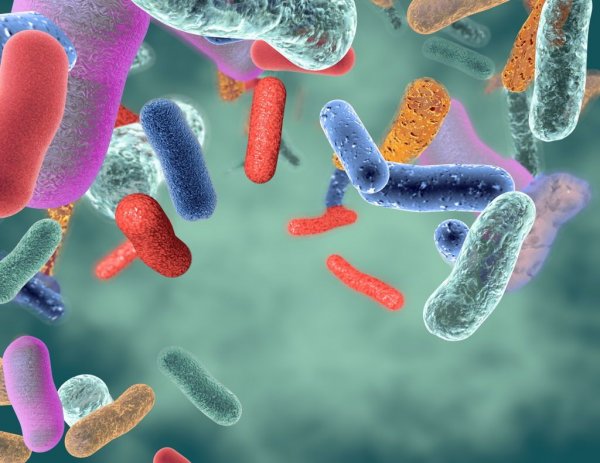
 Highlight the Best Facets of Your Incomparable Beauty: Discover the Best Face Highlighter Currently Available in India and Everything You Need to Know About Using Face Highlighters for Maximum Effect (2023)
Highlight the Best Facets of Your Incomparable Beauty: Discover the Best Face Highlighter Currently Available in India and Everything You Need to Know About Using Face Highlighters for Maximum Effect (2023)
 Forget the Blemishes and Get that Picture Perfect Flawless Radiance on Your Face: Check out the Best Foundations for Oily Skin Currently Available in India and Everything You Need to Know About Makeup Foundations (2023)
Forget the Blemishes and Get that Picture Perfect Flawless Radiance on Your Face: Check out the Best Foundations for Oily Skin Currently Available in India and Everything You Need to Know About Makeup Foundations (2023)
 Make Your Presence Felt Wherever You Go: Discover the Best Perfumes Under 2000 for Both Men and Women to Announce Your Arrival and Make Any Occasion Memorable (2023)
Make Your Presence Felt Wherever You Go: Discover the Best Perfumes Under 2000 for Both Men and Women to Announce Your Arrival and Make Any Occasion Memorable (2023)
 Protect Your Oily Skin from the Harmful Rays of the Sun: Discover the Best Gel Based Sunscreens for Oily Skin and Everything You Need to Know Before Buying One (2023)
Protect Your Oily Skin from the Harmful Rays of the Sun: Discover the Best Gel Based Sunscreens for Oily Skin and Everything You Need to Know Before Buying One (2023)
 Minor Blemishes and Wrinkles Affecting Your Confidence? Check out the Best BB Creams to Conceal Your Worries and Nourish Your Skin to Restore the Healthy, Radiant and Glowing Complexion Back Again (2023)
Minor Blemishes and Wrinkles Affecting Your Confidence? Check out the Best BB Creams to Conceal Your Worries and Nourish Your Skin to Restore the Healthy, Radiant and Glowing Complexion Back Again (2023)
